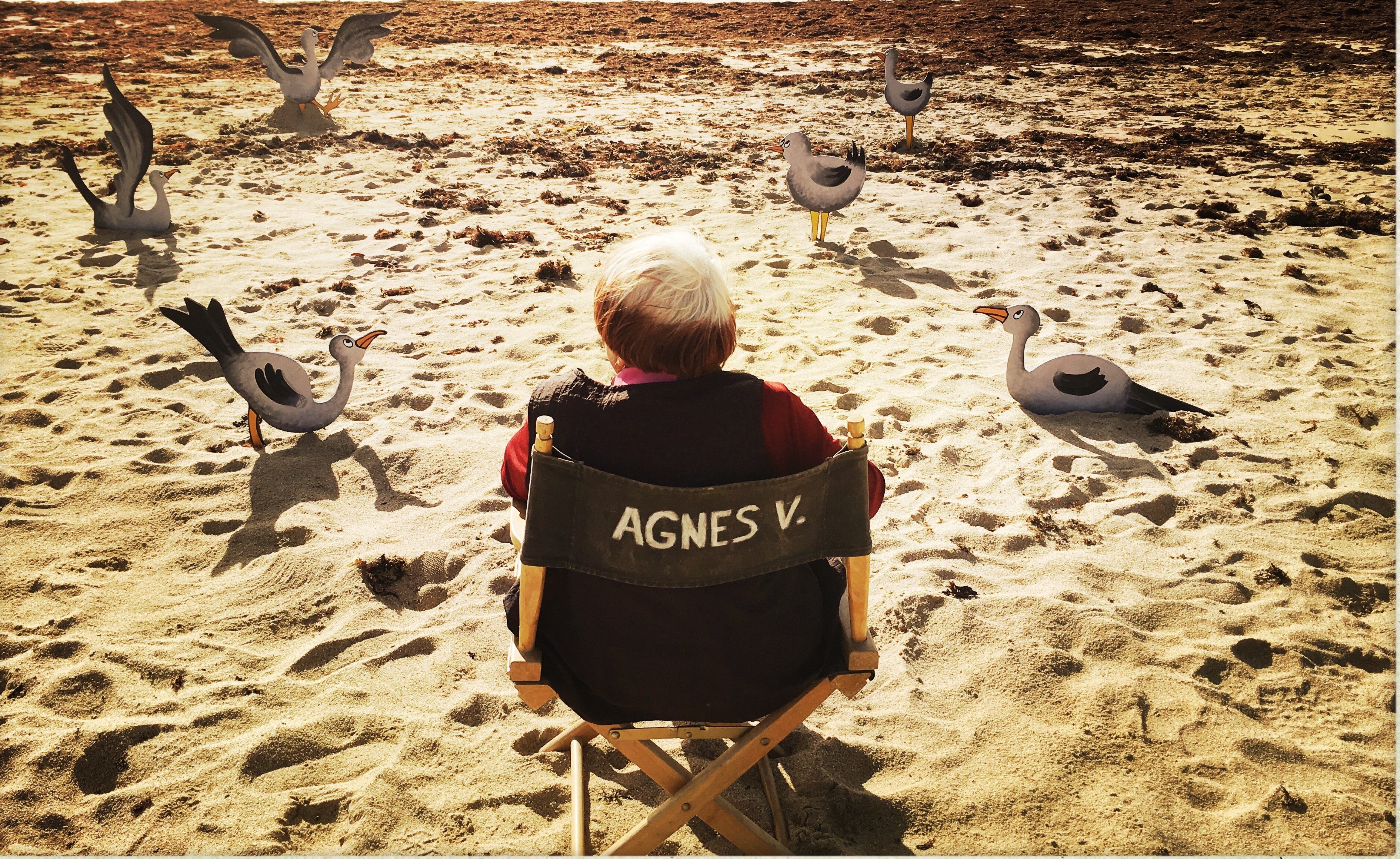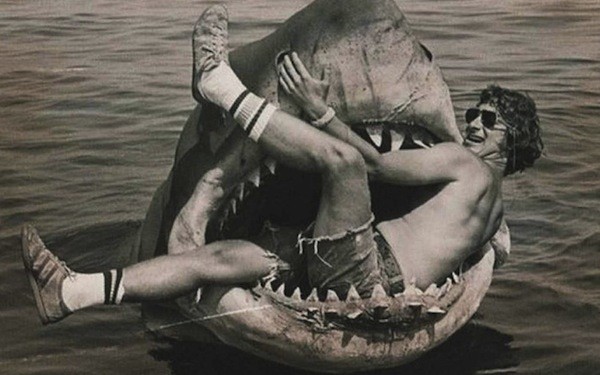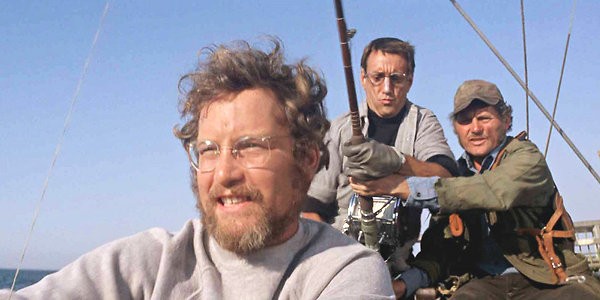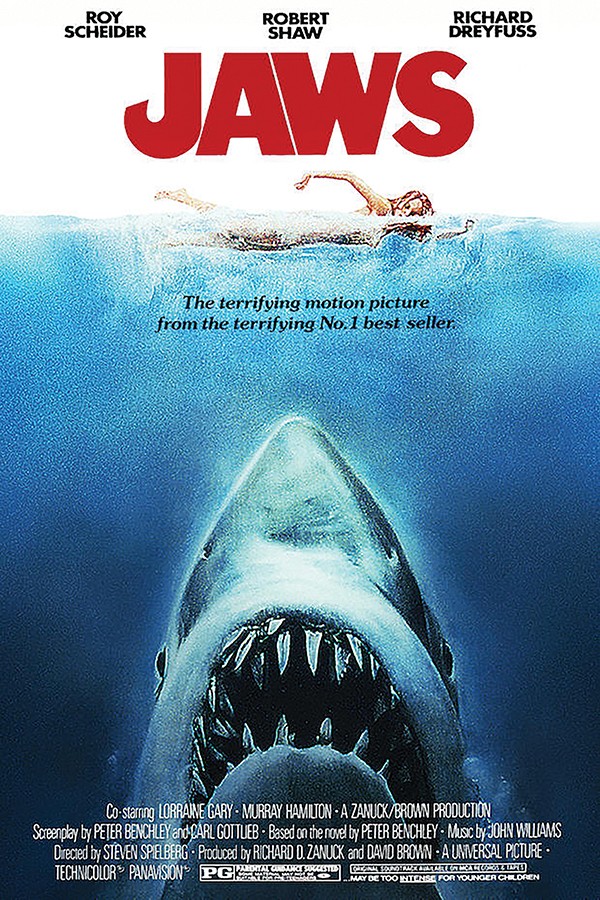
Varda by Agnes
Indie Memphis 2019 kicks into high gear on Friday with its first full day of films and events. The first screening of the day comes at 10:40 AM with the music documentary The Unicorn, director Tim Geraghty’s portrait of gay psychedelic country musician Peter Grudzien.
Indie Memphis Day 3: Legends, Queens, and Sorcerer
3:30 at Playhouse on the Square is the second annual Black Creators Forum Pitch Rally. Eight filmmakers will present their projects they want to film in Memphis on stage, and a jury will decide which one will receive the $10,000 prize, presented by Epicenter Memphis. The inaugural event was very exciting last year, and with this year’s line up of talent (which you can see over on the Indie Memphis website), it promises to be another great event.
Over at Studio on the Square at 3:40 p.m. is the final work by a giant of filmmaking. Varda by Agnes is a kind of cinematic memoir by the mother of French New Wave, Agnes Varda. It’s a look back at the director’s hugely influential career, made when she was 90 and completed shortly before her death last March. Here’s a clip:
Indie Memphis Day 3: Legends, Queens, and Sorcerer (2)
Part 2 of the unprecedentedly strong Hometowner Narrative Shorts competition field screens at Ballet Memphis at 6:15 p.m. “Shadow in the Room” is an impressionistic short by director Christian Walker. Based on a Memphis Dawls song, and featuring exquisite cinematography by Jared B. Callen, it stars Liz Brasher, Cody Landers, and the increasingly ubiquitous Syderek Watson, who had a standout role on this week’s Bluff City Law.
Waheed AlQawasmi produced “Shadow In The Room” and directed the next short in the bloc, “Swings.” Based on the memoir by ballerina Camilia Del, who also stars in the film, it deftly combines music from Max Richter with Del’s words and movement.
Indie Memphis Day 3: Legends, Queens, and Sorcerer (3)
“A Night Out” is Kevin Brooks and Abby Myers’ short film which took this year’s Memphis Film Prize. It’s a technical tour de force—done entirely in a single, 13-minute tracking shot through Molly Fontaine’s by cinematographer Andrew Trent Fleming. But it also carries an emotional punch, thanks to a bravado performance by Rosalyn R. Ross.
In “Greed” by writer/director A.D. Smith, a severely autistic man, played by G. Reed, works as a human calculator for a drug lord. But while he is dismissed by the gun-toting gangsters around him, he might not be as harmless as he seems.
Indie Memphis Day 3: Legends, Queens, and Sorcerer (4)
Andre Jackson’s tense and chilling “Stop” finds two men, one a cop and the other a mysterious stranger from his past, reunited by a chance encounter on the road.
STOP Teaser Trailer from Andre Jackson on Vimeo.
Indie Memphis Day 3: Legends, Queens, and Sorcerer (5)
Kyle Taubkin’s “Soul Man” earned big applause at the Memphis Film Prize, thanks to a heartfelt performance by Curtis C. Jackson as a washed-up Stax performer trying to come to grips with his past.
Soul Man – Teaser #1 (2019) from Kyle Taubken on Vimeo.
Indie Memphis Day 3: Legends, Queens, and Sorcerer (6)
Director Morgan Jon Fox, whose documentary This Is What Love In Action Looks Like is one of the best-loved films ever to screen at Indie Memphis, returns to the festival with his latest short “The One You Never Forget.” A touching story with incredible performances by two teenage actors, this film has had a killer run on the festival circuit that climaxes with this screening.
At Ballet Memphis at 9:00 p.m. is the Hometowner Documentary Short Competition bloc, featuring new work by a number of Memphis documentarians. Matthew Lee’s “9.28.18” is a wonderfully shot, verité portrait of a very eventful day in the Bluff City. Indie Memphis veteran Donald Myers returns with heartfelt memories of his grandfather, Daniel Sokolowski, and his deep connection with his hometown of Chicago in “Sundays With Gramps.” Shot in the burned-out ruins of Elvis Presley’s first house, “Return to Audubon” by director Emily Burkhead and students at the Curb Institute at Rhodes College presents an incredible performance by Susan Marshall of Elvis’ “Heartbreak Hotel. Shot in the churches of Memphis and rural Mississippi, “Soulfed” by Zaire Love will tempt your appetite with an examination of the intimate connection between religion and cuisine. “That First Breath,” a collaboration between Danielle Hurst, Madeline Quasebarth, and Kamaria Thomas, interviews Mid-South doulas and advocates for a more humane and natural childbirth experience. “How We Fall Short” by Brody Kuhar and Julie White is a six-minute dive into the Tennessee criminal justice system. “Floating Pilgrims” by David Goodman is a portrait of the vanishing culture of people who live on boats in the Wolf River Harbor. “St. Nick” is Lauren Ready’s story of a high school athlete fighting debilitating disease. “Fund Our Transit” by Synthia Hogan turns its focus on activist Justin Davis’ fight for better transportation options in Memphis. And finally, Zaire Love’s second entry, “Ponzel,” is one black woman’s search for meaning in an uncertain world.
The competition feature Jezebel (9:30 p.m., Hattiloo Theatre) by director Numa Perrier focuses on the story of a young black woman in Las Vegas who is forced to take a job as a cam girl when the death of her mother threatens to leave her homeless. The emotional heart of the film is the conflict that arises when the protagonist discovers that she kind of likes being naughty with strangers on the internet, and the dangers that arise when one of her clients gets too close.
Indie Memphis Day 3: Legends, Queens, and Sorcerer (7)
Outdoors in the big tent block party, the premiere musical event of the festival happens at 8:30 p.m. Unapologetic Records will celebrate the release of its new compilation album Stuntarious IV with a show featuring performances by A Weirdo From Memphis, IMAKEMADBEATS, C Major, Kid Maestro, She’Chinah, Aaron James, and Cameron Bethany. Expect surprises and, well, lots of mad beats!
Finally, at midnight, a pair of screenings of classic films—for various definitions of the word “classic”— at Studio on the Square. Queen of the Damned is Michael Rymer’s adaptation of the third novel in Anne Rice’s vampire trilogy. Pop star Aaliyah starred as vampire queen Akasha, and had just finished the film when she died in a plane crash in the Bahamas. The film has become something of a camp classic, and is probably most notable today for inspiring a ton of great Halloween costumes.
Indie Memphis Day 3: Legends, Queens, and Sorcerer (8)
The other screening is Exorcist director William Friedkin’s masterpiece Sorcerer. Starring Roy Scheider as an anti-hero in charge of a ragtag group of desperados trying to move a truckload of nitroglycerin through the Amazon jungle, it’s a gripping ride through human greed.
Indie Memphis Day 3: Legends, Queens, and Sorcerer (9)
Come back tomorrow for another daily update on Indie Memphis 2019.


